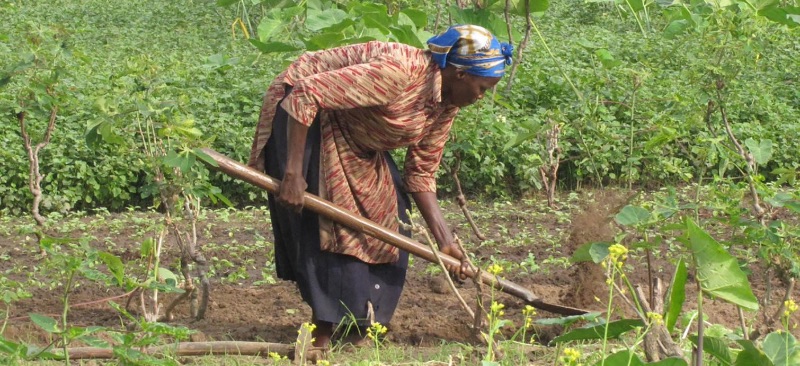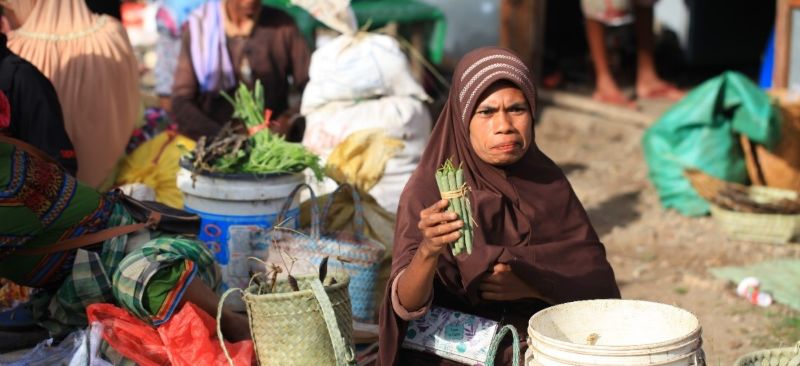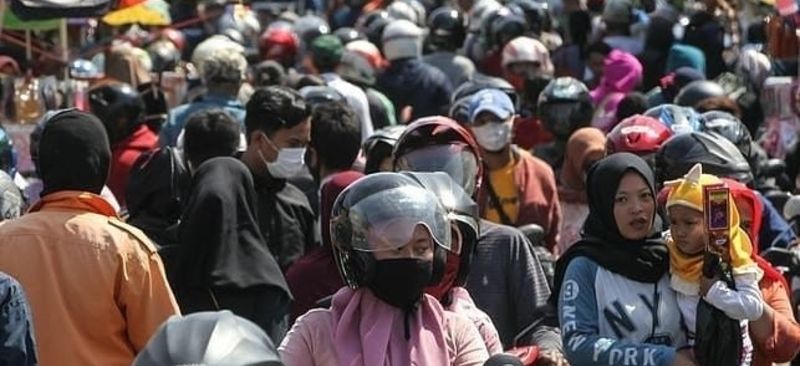Although in early stages, the upcoming National Financial Inclusion Strategy of Benin and work around the Start-up Act. It will help increase opportunities for FinTechs in Benin, especially if they spend time to understand the market and understand how they can add value to it by working with incumbents.
As a top-growing economy, efforts are needed in Benin to ensure inclusive growth. The ecosystem comprises 11 FinTechs and five enablers and funding partners.
The key success factors for FinTechs to stimulate financial inclusion in Benin are product innovation to drive efficiency, enhancing the customer experience, and facilitating client outreach by financial institutions. The government has been expanding access to the Internet.
If this is affordable for clients, it can create new opportunities.
Link to the French version: #





